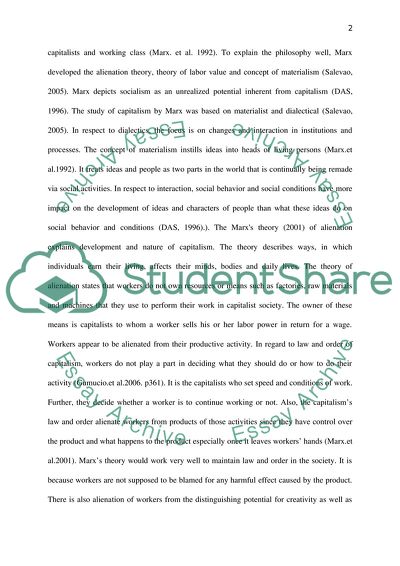Cite this document
(Philosophers about the Importance of Law and Order Coursework Example | Topics and Well Written Essays - 1250 words, n.d.)
Philosophers about the Importance of Law and Order Coursework Example | Topics and Well Written Essays - 1250 words. https://studentshare.org/philosophy/1829462-using-at-least-3-philosophers-discuss-importance-of-law-and-order
Philosophers about the Importance of Law and Order Coursework Example | Topics and Well Written Essays - 1250 words. https://studentshare.org/philosophy/1829462-using-at-least-3-philosophers-discuss-importance-of-law-and-order
(Philosophers about the Importance of Law and Order Coursework Example | Topics and Well Written Essays - 1250 Words)
Philosophers about the Importance of Law and Order Coursework Example | Topics and Well Written Essays - 1250 Words. https://studentshare.org/philosophy/1829462-using-at-least-3-philosophers-discuss-importance-of-law-and-order.
Philosophers about the Importance of Law and Order Coursework Example | Topics and Well Written Essays - 1250 Words. https://studentshare.org/philosophy/1829462-using-at-least-3-philosophers-discuss-importance-of-law-and-order.
“Philosophers about the Importance of Law and Order Coursework Example | Topics and Well Written Essays - 1250 Words”. https://studentshare.org/philosophy/1829462-using-at-least-3-philosophers-discuss-importance-of-law-and-order.


